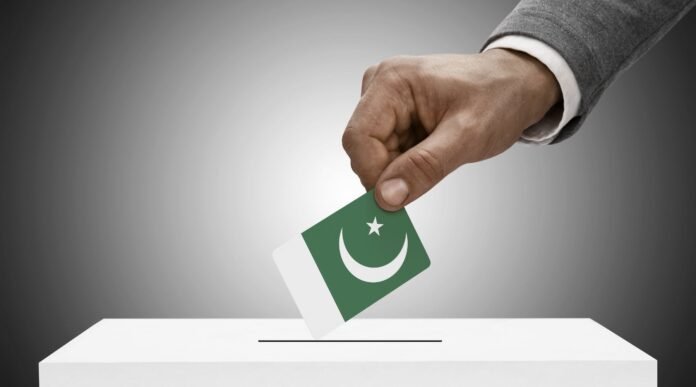The dust has barely settled on Pakistan’s 2024 national election, yet the reverberations are loud and complex. No single party emerged with a clear majority, fracturing the political landscape and leaving the country facing a future steeped in uncertainty. This article delves into the nuances of the election results, analyzes the potential scenarios, and explores the challenges and opportunities that lie ahead.
No single party majority: Independents backed by Imran Khan’s PTI lead with 97 seats, followed by PML-N (75 seats) and PPP (54 seats).
Coalition talks: No party has a clear majority, setting the stage for complex coalition negotiations.
Allegations of vote-rigging: Both Khan’s supporters and other parties have made allegations of election irregularities, adding to the uncertainty.
Protests: Khan’s PTI and other parties have called for protests, raising concerns about stability.
Possible scenarios:
PTI-led coalition: Khan’s allies could stitch together a coalition with smaller parties. However, this faces hurdles due to internal differences and suspicions of manipulation.
PML-N-led coalition: The largest single party, PML-N, could also try to form a government with other parties.
Deadlock and fresh elections: If no stable coalition emerges, fresh elections could be called.
Uncertainty remains: The political future of Pakistan is still very uncertain. Negotiations, protests, and potential legal challenges could make the process lengthy and complicated.
Fractured Mandate: An Unsteady Equation
The final count painted a picture of a fragmented political landscape. Neither Imran Khan’s PTI nor any other party secured a dominant position, forcing the onus of government formation onto intricate coalition negotiations. While PTI-backed independents emerged as the largest group with 97 seats, PML-N and PPP followed closely with 75 and 54 seats respectively. This fractured mandate throws open a plethora of possibilities, each fraught with its own set of complications.
Navigating the Maze of Coalitions:
The most likely path forward lies in coalition building. PTI, eager to regain power, faces the dilemma of finding partners amidst accusations of vote-rigging and fractured internal alliances. Forming a coalition with smaller parties would require delicate balancing acts, potentially compromising on key policy positions. Meanwhile, PML-N, despite lacking a clear majority, could attempt to cobble together a broader alliance across ideological lines, a strategy fraught with the risk of internal discord and instability.
The Shadow of Discontent: Allegations and Protests
The specter of electoral manipulation looms large, with both PTI and other parties raising allegations of irregularities. Khan has spearheaded nationwide protests, garnering significant support but also raising concerns about escalating tensions and potential disruptions to the democratic process. Addressing these concerns through transparent investigations and impartial inquiries will be crucial to restoring public trust and ensuring a smooth transition.
Beyond the Immediate: Long-Term Challenges and Opportunities
Beyond the immediate scramble for power, Pakistan grapples with numerous challenges that remain unaddressed. The economy teeters on the brink, inflation soars, and external debt burdens the nation. The political instability further complicates crucial decisions surrounding economic reforms, resource management, and foreign relations. However, this period of flux also presents an opportunity for a national dialogue on critical issues, forging a consensus-driven approach to address these long-term challenges.
The International Community’s Role:
The international community, with its vested interest in regional stability and security, has a delicate role to play. Emphasizing the importance of peaceful negotiations, upholding democratic principles, and encouraging transparent investigations into vote-rigging allegations are crucial steps. However, any direct intervention or favoritism toward specific parties could backfire, fueling polarization and undermining the legitimacy of the process.
Conclusion: Towards a Stable and Prosperous Future
Pakistan’s 2024 election has delivered an inconclusive verdict, leaving the country at a crossroads. The path forward demands not just political maneuvering but also a collective commitment to democratic values, transparent governance, and addressing the nation’s pressing challenges. By prioritizing dialogue, forging compromises, and upholding democratic principles, Pakistan can navigate this critical juncture and move towards a more stable and prosperous future.


